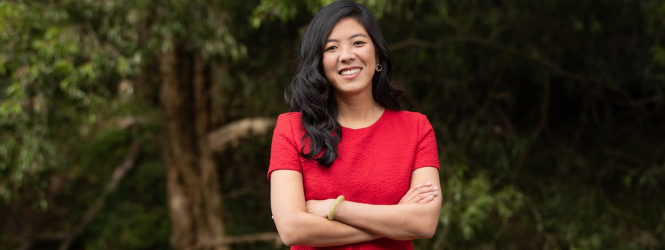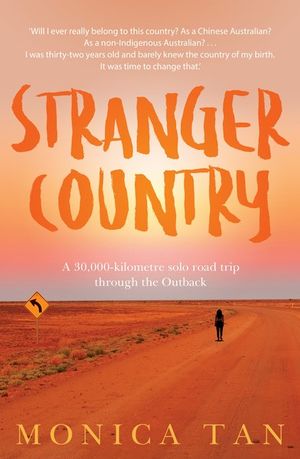Go back to your roots.
What does that mean for someone like me? Someone born and raised in Sydney to a couple that immigrated to Australia while the final nails were being hammered into the White Australia Policy in the 1970s? Does it mean going back to Malaysia, the country where my parents were born? Or does it mean going back to China, the country where all my great-grandparents were born and from which my ancestry hails?
And how do I go “back” to a place I wasn’t born in?
I am, by no means, an unusual story in Australia. Nearly half of all Australians were either born overseas or had at least one parent who was born overseas. Whether in your cultural heritage is British, Indian, Chinese ancestry or from the 190 countries represented in our mix, our only consistency is that since colonialism we are a nation comprised of many new Australians.
That poses a huge challenge to our national unity and shared understanding of Australian history and Indigenous heritage.
It was while at the end of a four-year stint living in China, ostensibly “going back to my roots,” that it occurred to me that there were some other roots I had to go back to.

I was 30 years old and barely knew Australia. After a healthy diet of American pop culture and having travelled the world, I could tell you more about faraway cities like San Francisco or Boston, than I could about Broome or Cairns. I knew more about Emmeline Pankhurst than I did our own suffragettes – this despite the fact that Australia granted white women the vote over a decade earlier than Britain. I could now name dozens of Chinese ethnic minority groups, and not one Indigenous Australian nation.
At the time my feelings towards Australia were complicated. Not just, as you might assume, because I’m Chinese Australian. Rather, just as much because I was a city-slicker, hipster intellectual. And what the hell did I have anything to do with horse-riding, Blundstone-wearing Drover’s Wives and snag-flipping, LandCruiser-driving, ocker larrikins? And just as devastatingly, how could I ever truly belong to a land that was the spiritual domain of Indigenous Australians for over 60,000 years?
With these questions in mind, I chucked in my job as a Guardian journo, stuffed my Toyota RAV4 full of sleeping gear and jerrycans, and hit the long (very long) road.
What took place over the next six months and over 30,000 km of driving, would change me and my relationship to this country forever. So much of what I thought I knew about this country was wrong. And the reality is far more rich, complex and inclusive than I could have ever dreamed.
Stranger Country by Monica Tan is published by Allen and Unwin and available to order at Booktopia.
Follow us @TheBooktopian
ABOUT THE AUTHOR
Monica Tan is the former deputy culture editor of Guardian Australia and co-host of the Token podcast. Stranger Country is her first book.

Stranger Country
'Will I ever really belong to this country? As a Chinese Australian? As a non-Indigenous Australian? . . . I was 32 years old and barely knew the country of my birth. It was time to change that.'
What happens when a 32-year-old first-generation Australian woman decides to chuck in a dream job, pack a sleeping bag and tent, and hit the long, dusty road for six months? Thirty-thousand kilometres later, Monica Tan has the answer, and it completely surprises her.
In mid-2016, Monica left Sydney, unsure of her place in Australia. As a Chinese Australian city slicker, she couldn't have felt more distant from powerful mythologies like the Digger, the Drover's Wife and Clancy of the Overflow. And more importantly, Monica wondered, how could she ever feel she truly belonged to a land that has been the spiritual domain of Indigenous Australians for over 60,000 years?
Stranger Country is the riveting account of the six months Monica drove and camped her way through some of Australia's most beautiful and remote landscapes. She shared meals, beers and conversations with miners, greynomads, artists, farmers, community workers and small business owners from across the nation: some Aboriginal, some white, some Asian, and even a few who managed to be all three. The result is an enthralling and entertaining celebration of the spirit of adventure, a thoughtful quest for understanding and a unique portrait of Australia and all it means to those who live here.





 2018 Vogel Winner Emily O’Grady on The Yellow House
2018 Vogel Winner Emily O’Grady on The Yellow House
Comments
No comments